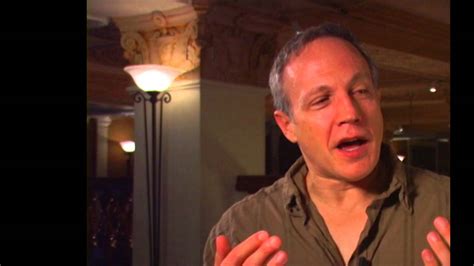A Quote by Anne Rice
It's an awful truth that suffering can deepen us, give a greater lustre to our colours, a richer resonance to our words.
Related Quotes
Suffering invites us to place our hurts in larger hands. In Christ we see God suffering – for us. And calling us to share in God’s suffering love for a hurting world. The small and even overpowering pains of our lives are intimately connected with the greater pains of Christ. Our daily sorrows are anchored in a greater sorrow and therefore a larger hope.
The Lord loves us so much that He suffered for us on the Cross; and His suffering was so great that we can't comprehend it. In the same way our spiritual pastors suffer for us, although we often don't see their suffering. The greater the love of the pastor, the greater his suffering; and we, the sheep, should understand this, and love and honor our pastors.
The second noble truth states that we must discover why we are suffering. We must cultivate the courage to look deeply, with clarity and courage, into our own suffering. We often hold the tacit assumption that all of our suffering stems from events in the past. But, whatever the initial seed of trauma, the deeper truth is that our suffering is more closely a result of how we deal with the effect these past events have on us in the present.
God uses suffering to purge sin from our lives, strengthen our commitment to Him, force us to depend on grace, bind us together with other believers, produce discernment, foster sensitivity, discipline our minds, spend our time wisely, stretch our hope, cause us to know Christ better, make us long for truth, lead us to repentance of sin, teach us to give thanks in time of sorrow, increase faith, and strengthen character.
When we can't hold back, or set boundaries, on what comes from our lips, our words are in charge-not us. But we are still responsible for those words. Our words do not come from somewhere outside of us, as if we were a ventriloquist's dummy. They are the product of our hearts. Our saying, "I didn't mean that," is probably better translated, "I didn't want you to know I thought that about you." We need to take responsibility for our words. "But I tell you that men will have to give account on the day of judgment for every careless word they have spoken" (Matt. 12:36).
Improved perception of our somatic feelings not only gives us greater knowledge of ourselves but also enables greater somatic skill, facility, and range of movement that can afford our sensory organs greater scope in giving us knowledge of the world. Besides augmenting our own possibilities of pleasure , such improved somatic functioning and awareness can give us greater power in performing virtuous acts for the benefit of others, since all action somehow depends on the efficacy of our bodily instrument.
I have felt the pain that arises from a recognition of beauty, pain we hold when we remember what we are connected to and the delicacy of our relations. It is this tenderness born out of a connection to place that fuels my writing. Writing becomes an act of compassion toward life, the life we so often refuse to see because if we look too closely or feel too deeply, there may be no end to our suffering. But words empower us, move us beyond our suffering, and set us free. This is the sorcery of literature. We are healed by our stories.
Seeing Neil Entwistle accused of this awful crime gives us little comfort and, in fact, only adds to our enormous pain and suffering. To think that someone we loved, trusted and opened our home to could do this to our daughter and granddaughter is beyond belief. The betrayals to the family, to Neil's family, to our family (and) to our friends here and in the UK are unbearable.



































